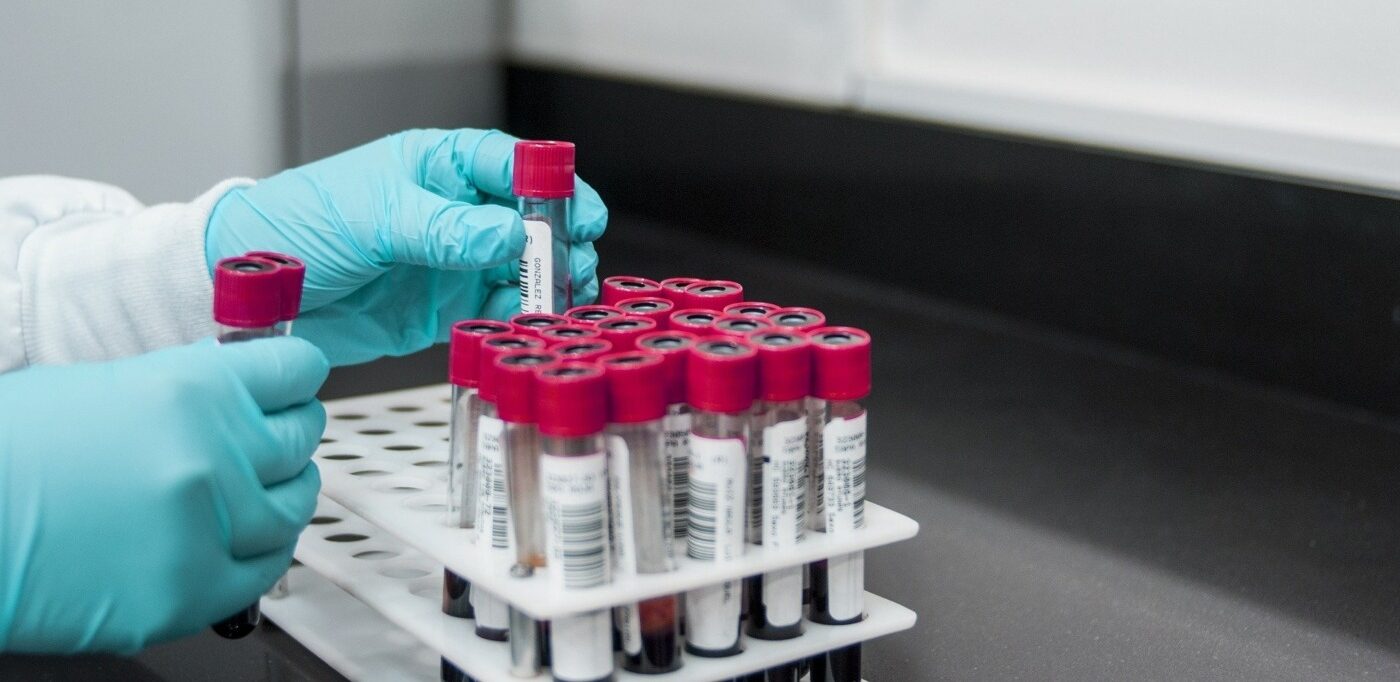Sewage wastewater tested for Covid-19 across the UK
As the vaccine rollout is being slightly tempered by news of the Indian variant, the UK government is employing every weapon in its arsenal against the virus. On Wednesday 19 May, Health Secretary Matt Hancock announced that the government has ramped up its sewage-testing programme, which is designed to analyse wastewater for early signs of coronavirus. The scheme was launched last summer, and it now covers regions accounting for two-thirds of England’s population.
In his speech to parliament, Mr Hancock told MPs that testing and vaccinations were being surged in six areas because wastewater analysis had identified places where the Indian variant was being transmitted. He said: “Mobility data shows how often people travel from one area to another, and we look at this in deciding where the virus is likely to spread. And we analyse now wastewater, in 70% of the country, and we can spot the virus, and the variants in the water, to identify communities where there is spread.”
The scheme was launched last summer, and it now covers regions accounting for two-thirds of England’s population
Why does this work? Covid-19 is a virus that predominantly infects cells lining the respiratory tract, but it is also shed in the faeces of some infected individuals. Scientists collect sewage samples for wastewater treatment plants, and they use PCR machines to detect and quantify the amount of RNA from the virus in different areas. It’s not accurate enough to say how many people in a certain area have Covid at any one time, but it does give us knowledge about where specific variants are circulating, and often at least a week before symptoms start to show. It’s an expansion of existing wastewater testing, which has also been used in the past to monitor poliovirus, norovirus, influenza, hepatitis and measles viruses.
This is not the first example of wastewater being used to detect Covid. In September 2020, I reported on a similar scheme in effect at the University of Arizona (UoA), where waste was processed twice weekly in order to detect the virus. Dr Richard Carmona of the UoA said at the time that the early detection afforded by the tests enabled staff to isolate students with the virus quickly – this was particularly important as most of the identified cases were asymptomatic, meaning waste was the only indicator of the virus. There are more than 2,200 monitoring sites across 54 countries doing similar work – if you’re particularly curious, you can check them out on the COVIDPoops19 Dashboard.
There are clear benefits to employing wastewater analysis. It can provide valuable early warning of localised outbreaks, and thus make it easier to target necessary resources and personal protective equipment – in Luton Borough Council, for example, wastewater data was used to target testing and public health guidance. It’s cost-effective, because a single sample can be tested for multiple pathogens, and it enables a big sample of the population without requiring any action from individuals. However, the benefits are necessarily limitations too – it’s not easy to tie a signal to a specific location or group, and it’s difficult to determine how many people a sample may represent. Researchers often have to use overall trends, include bacterial density, to estimate the sample size. The temperature at the monitoring site also matters, as does the distances that people live from it – if a plant serves a wide area, its usefulness is obviously reduced.
Professor Andrew Singer, from the UK’s Centre for Ecology and Hydrology, played a key role in scientific effort to establish the wastewater analysis system in the UK, and he is optimistic about its potential. He said: “The scale of the programme that has been created in the past year is truly remarkable. Well over 500 locations are being monitored for coronavirus, and many of them sampled at least four days a week, thereby generating an enormous amount of data on the prevalence of the virus across the UK. And this will live on in a post-Covid world by searching for other pathogens in wastewater, like influenza, so that makes this programme one of the few silver linings from the pandemic.”

Comments